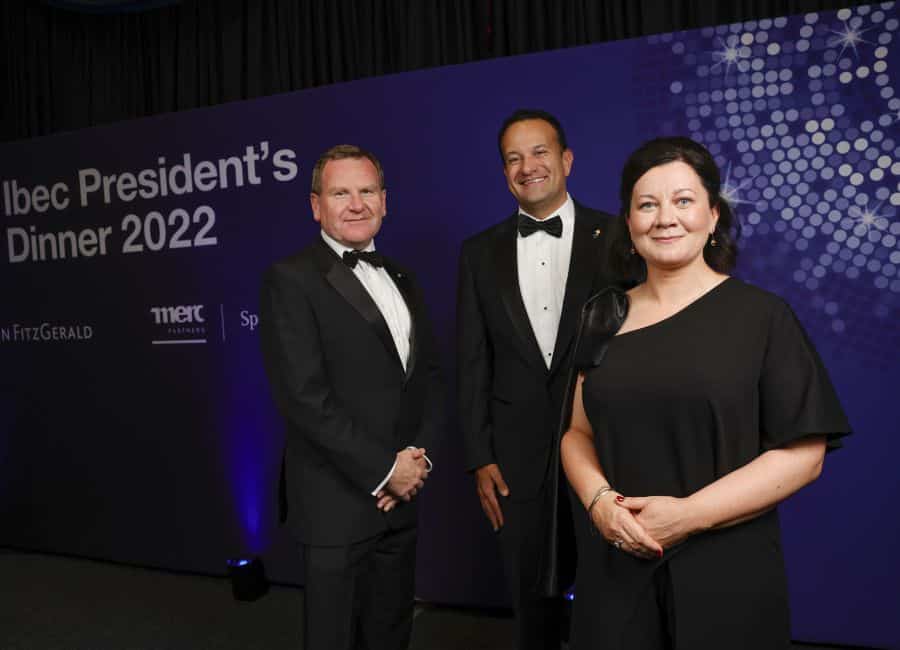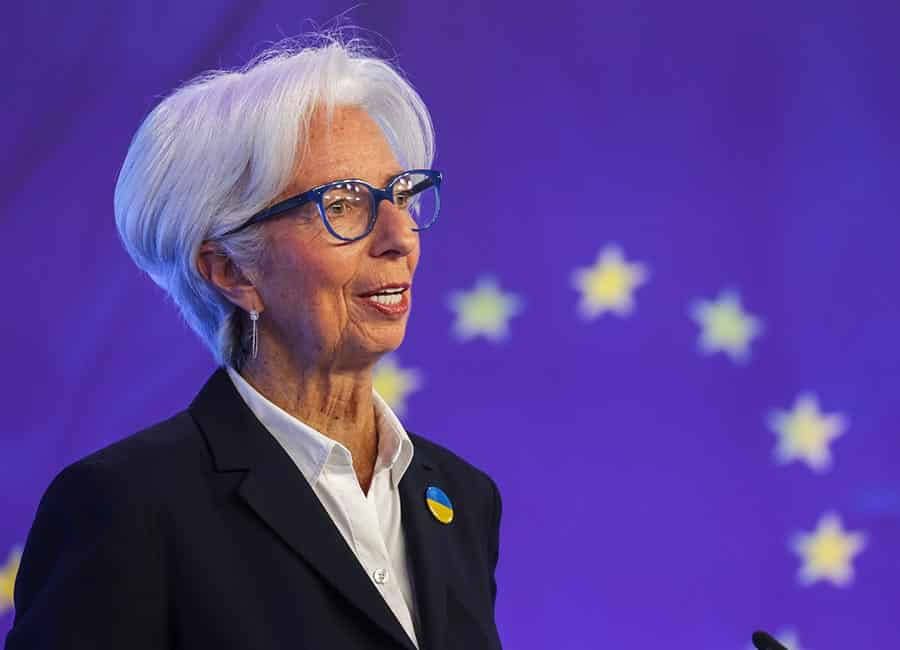Enterprise minister Leo Varadkar has signalled the establishment of the Ukraine Enterprise Crisis Scheme before the end of the year.
It will be targeted at viable but vulnerable firms in manufacturing and internationally traded services. A similar scheme during Covid granted over €180m in funding to 740 companies, protecting 30,000 jobs.
The Tánaiste told the Ibec President’s Dinner in Dublin that next week’s budget will include measures to help businesses with energy bills.
“It will be broad based and tens of thousands of businesses will qualify. There will be a particular focus on SMEs in retail, hospitality, manufacturing and other high energy users,” he stated.
“We understand the scale of this energy crisis and we will respond with appropriate scale. There is little reason to run very large surpluses when a counter-cyclical response is required – but we will not empty the tank now. We will keep resources in reserve so that we can respond as the situation develops and intervene again if we need to, if this crisis persists.”
Varadkar also signalled more low-cost loans through the SBCI, similar to the Covid Credit Guarantee Scheme which helped over 10,000 SMEs access credit.
“We will also ensure the Department of Enterprise, Trade & Employment receives an increase in staffing so that our enterprise agencies like Enterprise Ireland, IDA Ireland, Intertrade Ireland and the department can continue to invest in companies, secure investment and provide good services to businesses, like quick turnaround times on employment permits,” the minister said.
The Fine Gael leader warned that if there is a fundamental change in Ireland’s economic policy, “things will change fundamentally and probably not for the better”.
“We need to be live to that danger and we cannot take our good economic performance for granted,” he said.
“I know many people take the view that Ireland needs to increase our total tax take to improve the sustainability of our taxation and welfare systems.
“That might turn out to be the case but it could also turn out to be a pessimistic view. The same view could have been formed 20 years ago. Who then would have predicted the population, employment and income growth we have experienced, or that technological developments would have brought such wealth to Ireland? We should go for growth and be optimistic about the future of our country.”
Imelda Hurley, the Coillte CEO who is Ibec’s president for 2022/23, urged Ibec members to hold on to what has changed or the good post-pandemic – better work life balance for employees, an increased focus on wellbeing, and greater focus on being committed corporate citizens.
“It is very likely that purpose-led enterprises will be more attractive to both employees and consumers, as they demonstrate that creating value for society also creates value for business,” said Hurley.
“Despite the urgency of the current inflation and energy issues, it is important that business leaders approach their wider responsibilities with renewed determination to embed real substance.”
Photo: Leo Varadkar (centre) with Ibec CEO Danny McCoy' and Imelda Hurtey. (Pic: Conor McCabe)











